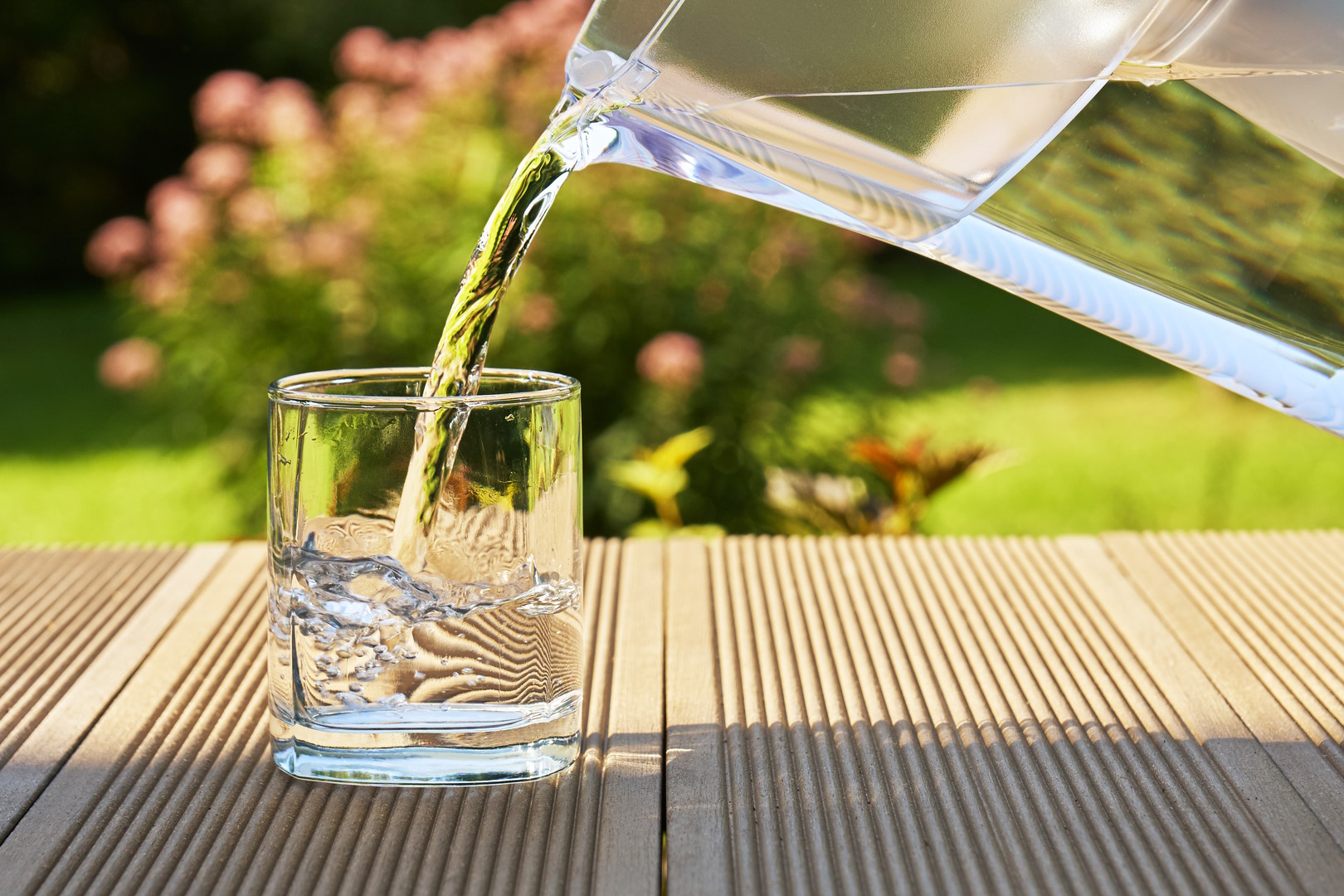
In general, staying hydrated is essential for keeping the body functioning at its optimal level. It also helps flush out bacteria and toxins from your system. Whether you’re new to self cathing or have been cathing for some time, at no point should you drastically alter your daily intake of fluids. The body will continuously produce urine as you eat and drink, a process that slows during sleep, so we make the most urine during the waking hours.
You may think the less you drink, the less times you have to self-cath throughout the day, however, it is so important to not deprive your body of fluids. On average, it is recommended to drink around 6-8 8oz glasses of fluid per day1, some people will need more and others less. These tips may help you monitor your liquid intake and avoid dehydration:
- Keep in mind “what goes in, must come out”. The average healthy bladder can comfortably hold 16 ounces of fluid. If you’ve had that much to drink, or more, it may be time to cath.
- The best indicator of your hydration status is your urine color.
- Aim for light straw colored urine. This means you’re probably drinking enough.
- If your urine is darker in color you need to drink more fluid.
- If your urine is completely clear, you may actually be drinking too much and flushing electrolytes out of your body. - Don’t wait to self-cath. The most important thing you can do is empty your bladder when its ready. Overfilling or leaving urine in your bladder for a long period of time, can lead to a distended bladder or a urinary tract infection.
- Myth: “The less I drink, the less I need to worry about cathing all the time.” This theory could accomplish quite the opposite outcome. Maintaining the recommended approach, you and your doctor have determined for your self-cathing routine, including fluid intake, is critical to avoid negative affects to your bladder.
- Water is your (best) friend! Since more than half the human body is comprised of water, water is one of the best sources to naturally stay hydrated.
- Drink small amounts, but often. Set an hourly alarm on your phone or wrist watch to remind you to grab a glass of water.
- Keep intake of caffeinated beverages to a minimum. Drinks like soda or coffee are going to make the body produce more urine at an accelerated rate because of the diuretic effects of caffeine. You may also want to monitor foods that are high in caffeine, like chocolate.
- Remember: Dehydration may increase the risk of getting a urinary tract infection!
1 EFSA (2010) Scientific Opinion on Dietary Reference Values for Water. EFSA Journal 8(3):1459












